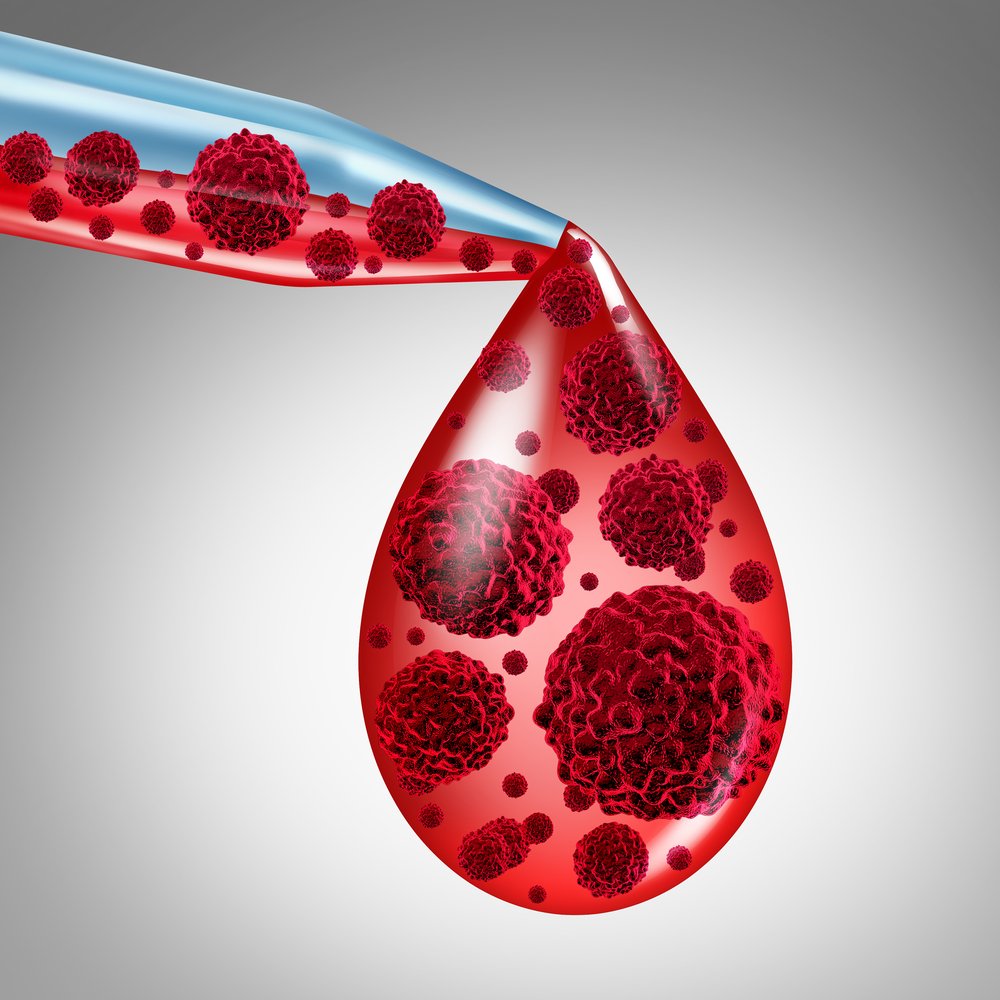Dragonfly Therapeutics and Celgene Partnering on Blood-Cancer Therapies
Written by |

Dragonfly Therapeutics and Celgene have teamed up to develop therapies for multiple myeloma and other blood cancers.
The partners will use Dragonfly’s TriNKET immunotherapy platform, which is based on Natural Killer (NK) cells.
Under the agreement, Dragonfly will receive $33 million up-front to develop blood-cancer treatments, while Celgene will obtain the exclusive rights for up to four of the therapies.
NK cells are immune system components that recognize and destroy cancer. In addition to attacking tumor cells themselves, NK cells may enhance the invader-fighting activity of B-cells and T-cells, two other types of immune cells.
The TriNKET platform serves as a bridge between NK cells and tumor cells. It does this by supporting the binding of proteins expressed in the two kinds of cells. The binding triggers the activation of NK cells, which become aware of the tumor’s presence and start rounding up other mechanisms of defense against it.
“NK-cell biology and immunotherapy are increasingly critical areas of hematologic [blood] research, and we are looking forward to working with Dragonfly’s team of world-leading experts,” Dr. Rupert Vessey, Celgene’s president of Research and Early Development, said in a news release. “This collaboration will leverage the strengths of each company as we work together to bring innovative therapies to patients.
The strategic alliance with Celgene leaves Dragonfly “well positioned to accelerate our efforts to bring potential new immuno-oncology treatment options to patients with hematological malignancies,” said Bill Haney, Dragonfly’s CEO. “Celgene is a pre-eminent biopharmaceutical company with a demonstrated history of recognizing disruptive science that may lead to new treatment options for patients with cancer. We look forward to a successful collaboration.”
Multiple myeloma develops when blood cells that produce antibodies begin uncontrolled growth. Blood circulation can then spread the cells throughout the body.
The American Cancer Society says one in 143 people develops the disease. About 30,280 new cases will be diagnosed and 12,590 deaths will occur in 2017, the society estimates.



